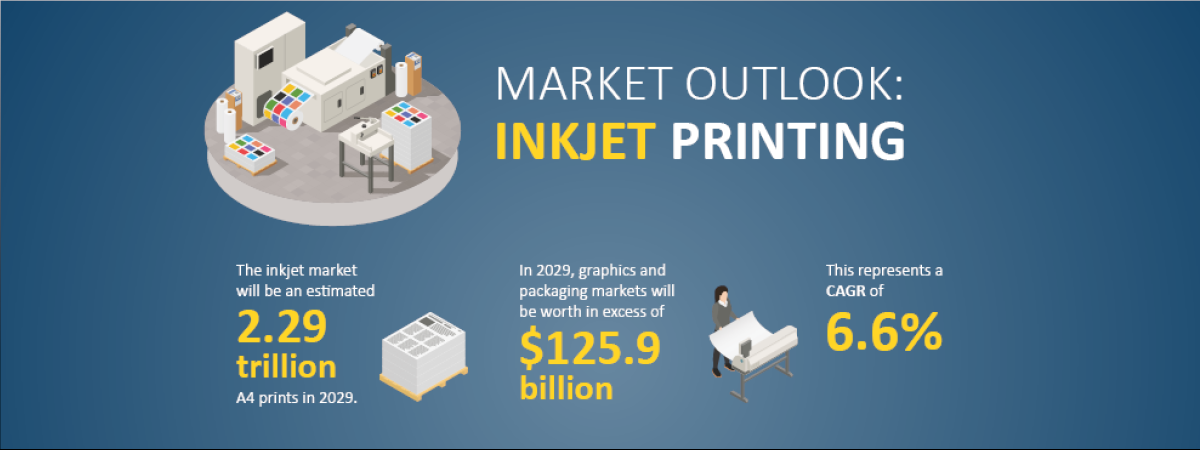23 March 2020

It’s time to expect the unexpected!
It's time to expect the unexpected! The Coronavirus is upon us and it is effecting many companies in different ways from allowing working from home to losing clients and shutting machines down, in times like these when a business continuity plan comes into place. Do you have a business continuity plan or manage business continuity? If not, why not. Integrating a business continuity plan within your business is key to prepare and keep essential functions up and running during a disaster and to recover with as little downtime as possible. Changes within business and situations of lockdown can effect technical and process improvement.
Looking for some advice on business continuity on technical and process improvement? Get in touch by emailing [email protected] for initial support as part of your BPIF membership.
Technical
- If machines need to be closed down due to reduced use, ensure they are closed down correctly, cleaned and tanks/ducts are drained down.
- If your company goes in lockdown make sure all drives and PC's are backed up. All files need to be safely stored.
- Arrange chemicals in order of date in any storage area so you do not have out of date materials and keep the humidity and temperature of paper storage areas at 20-23 degrees C and 50-55 rH. Closing down a storage area will cause damage to the papers if not control carefully. You can reduce storage temperatures but do it slowly so the paper remains conditioned.
- If you are on short time or reduced production, use this extra or spare time to pursue other productive requirements within the business; it can be a good time to complete maintenance.
Process Improvement
Managing cash flow is a very high priority for these current tough circumstances. Here are some ways you could possibly minimise working capital;
Cash outgoings:
- Seeking longer credit terms with suppliers
- Reducing order quantities - order more often in smaller quantities
- Tightening control on spend by requiring senior authorisation on all purchases
- Reducing employment costs including overtime and, in the worst case, staffing levels
Cash Income:
- Shortening payment terms on new business
- Systematic and rigorous payment collection
- Avoiding bad debts - check customer credit worthiness
- Factoring i.e. arranging with a bank or other organisation to "buy" the debt book at lower than your total debts outstanding and then collect payment.
- Selling unnecessary equipment, material, intellectual property
Business Continuity Plan
Business continuity is important for organisations of any size. The first step in business continuity planning is deciding which of an organisation's functions are essential and allocating the available budget accordingly.
A business continuity plan has three key elements: Resilience, recovery and contingency.
A company can increase resilience by designing critical functions and infrastructures with various disaster possibilities in mind; this can include staffing rotations, data redundancy and maintaining a surplus of capacity. Ensuring resiliency against different scenarios can also help businesses maintain essential services on location and off-site without interruption.
Rapid recovery to restore business functions after a disaster is crucial. Setting recovery time objectives for different systems, networks or applications can help prioritise which elements need to be recovered first. Other recovery strategies include resource inventories, agreements with third parties to take on company activity and using converted spaces for mission-critical functions.
A contingency plan has procedures in place for a variety of external scenarios and can include a chain of command that distributes responsibilities within the organisation. These responsibilities can include hardware replacement, leasing emergency office spaces, damage assessment and contracting third-party vendors for assistance.
If your organisation doesn't have a business continuity plan in place, start by assessing your business processes, determining which areas are vulnerable, and the potential losses if those processes go down for a day, a few days or a week.
Next, develop a plan. This involves six general steps:
- Identify the scope of the plan.
- Identify key business areas.
- Identify critical functions.
- Identify dependencies between various business areas and functions.
- Determine acceptable downtime for each critical function.
- Create a plan to maintain operations.
One common business continuity planning tool is a checklist that includes supplies and equipment, the location of data backups and backup sites, where the plan is available and who should have it, and contact information for emergency responders, key personnel and providers. Remember that the disaster recovery plan is part of the business continuity plan, so developing a disaster recovery plan if you don't already have one should be part of your process. As you create your plan, consider interviewing key personnel in organisations who have gone through a disaster successfully. Their insights could prove incredibly valuable in helping you to craft a solid plan.
 Intergraf Economic News (Paper Prices) - March 2024
Intergraf Economic News (Paper Prices) - March 2024
18 March 2024
Access the latest edition of the Economic Newsletter for the European Printing Industry for data on paper consumption, and pricing data for pulp, paper and recovered paper. Data for packaging papers and board is also available with this edition.
 UK to follow global expansion of inkjet printing
UK to follow global expansion of inkjet printing
21 March 2024
The latest expert analysis from Smithers identifies the potential of the latest generation of inkjet systems to improve profitability across the global print market. Read more about the new report The Future of Inkjet Printing to 2029.

The BPIF is the printing industries champion. By becoming a member you join a diverse and influential community. We help you solve business problems, connect you to new customers and suppliers and make your voice heard in government.
Call 01676 526030









